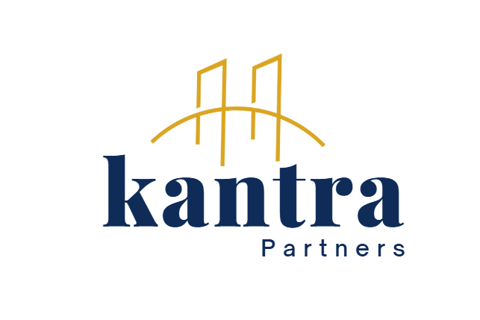The Peter Principle in M&A: How Mismanagement Can Impact Operations and Revenue
LEADERSHIP
2/9/20253 min read


Mergers and acquisitions are strategic moves aimed at scaling businesses, increasing market share, and driving revenue growth. However, when leadership is not equipped with the right regional expertise, the execution of corporate strategy can suffer. This is particularly relevant in cases where a company acquires another and has to oversee operations in a new region, such as Europe, without fully understanding its unique business landscape. One of the key challenges in such scenarios is what management theorists call the Peter Principle a concept that explains how employees tend to be promoted to their level of incompetence, leading to inefficiencies and operational failures.
The Peter Principle in a Post-M&A Context
The Peter Principle suggests that individuals rise in an organization until they reach a position where they are no longer competent. In an M&A scenario, this often manifests in two critical ways:
Lack of Regional Expertise : A newly appointed leader, often from the acquiring company, may not have deep knowledge of the local market, regulations, or cultural nuances. This can hinder effective decision-making and lead to misaligned strategic execution.
Scaling Without Strategy : Organizations often rush to implement a ‘one-size-fits-all’ strategy without considering the specific business environment of the new region. This can result in inefficient processes, regulatory setbacks, and revenue loss.
Key Operational Challenges in Regional Expansion Post-M&A
When a company expands into a new region post-acquisition, several complex challenges can arise:
Regulatory Compliance : Regions like Europe have strict data protection laws, such as GDPR, which require careful handling of customer information and operational adjustments that differ from other markets.
Cultural Sales Differences : Business norms vary significantly across regions. The direct and transactional sales approach commonly used in the U.S. may not resonate in European markets where relationship-building is crucial.
Technology and Infrastructure Alignment : Business tools and technological frameworks need to be adapted to regional preferences and regulatory requirements to ensure seamless operations.
Talent Management and Workforce Integration : Cultural integration of teams post-M&A is often overlooked. Differences in management styles, expectations, and employee engagement can create friction, reducing productivity.
Without accounting for these factors, companies risk operational inefficiencies, reduced market penetration, and ultimately, financial underperformance.
The Consequences of Leadership Misalignment
When a company fails to recognize and mitigate the effects of the Peter Principle in post-M&A leadership appointments, several significant risks emerge:
Revenue Decline : A poorly executed regional strategy results in missed opportunities, customer attrition, and declining sales performance.
Operational Inefficiencies : A lack of localized execution can cause delays, miscommunications, and wasted resources.
Employee Frustration & Turnover : Regional teams may feel disconnected from leadership, leading to disengagement, demotivation, and higher attrition rates.
Regulatory and Compliance Risks : Non-compliance with local laws and regulations can result in fines, legal repercussions, and reputational damage.
Brand and Customer Perception Issues : An inability to adapt to local market expectations can erode customer trust and damage brand credibility.
Solutions: How to Prevent Leadership Failures Post-M&A
To avoid falling into the Peter Principle trap, organizations must take a proactive and structured approach to post-M&A leadership and operational management.
1. Appoint Regionally Experienced Leader
Key leadership positions should be occupied by individuals with proven expertise in the target region. If internal talent is lacking, strategic hiring or advisory support should be considered to bridge knowledge gaps.
2. Conduct Deep Regional Market Assessments
Rather than applying a standard global strategy, companies must perform in-depth regional market assessments to tailor their approach, ensuring alignment with local business practices and regulatory requirements.
3. Decentralize Decision-Making and Empower Local Teams
Providing regional leaders with decision-making authority enables faster, more agile responses to market conditions and fosters ownership at the local level.
4. Implement Comprehensive Cross-Cultural Training
Leaders and teams must be equipped with cross-cultural training programs that enhance their understanding of local business dynamics, customer behavior, and regulatory frameworks.
5. Leverage Data and Performance Metrics for Continuous Adjustment
Regional performance should be continuously monitored through data-driven insights to refine strategies, address inefficiencies, and capitalize on emerging opportunities.
Conclusion
M&A presents significant opportunities for business growth, but failing to account for regional expertise and leadership alignment can severely impact operational efficiency and financial success. The Peter Principle remains a critical risk in post-acquisition integrations, where underqualified leaders may struggle to navigate complex regional landscapes. By proactively addressing these challenges and implementing structured mitigation strategies, companies can enhance their scalability, optimize operations, and fully realize the potential of their acquisitions


Address
60, rue François 1er 75008 Paris
Contacts
contact@kantrapartners.com


